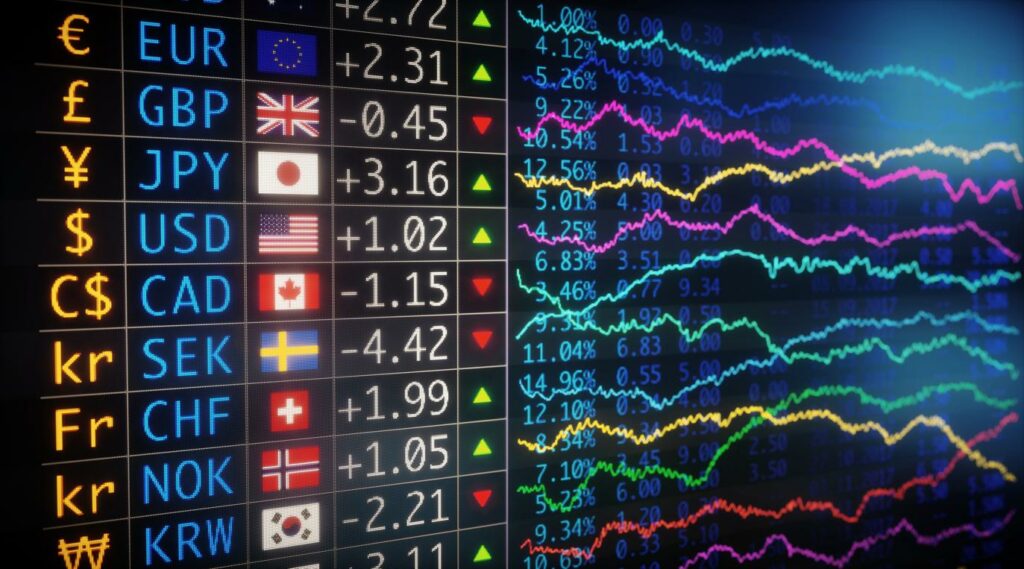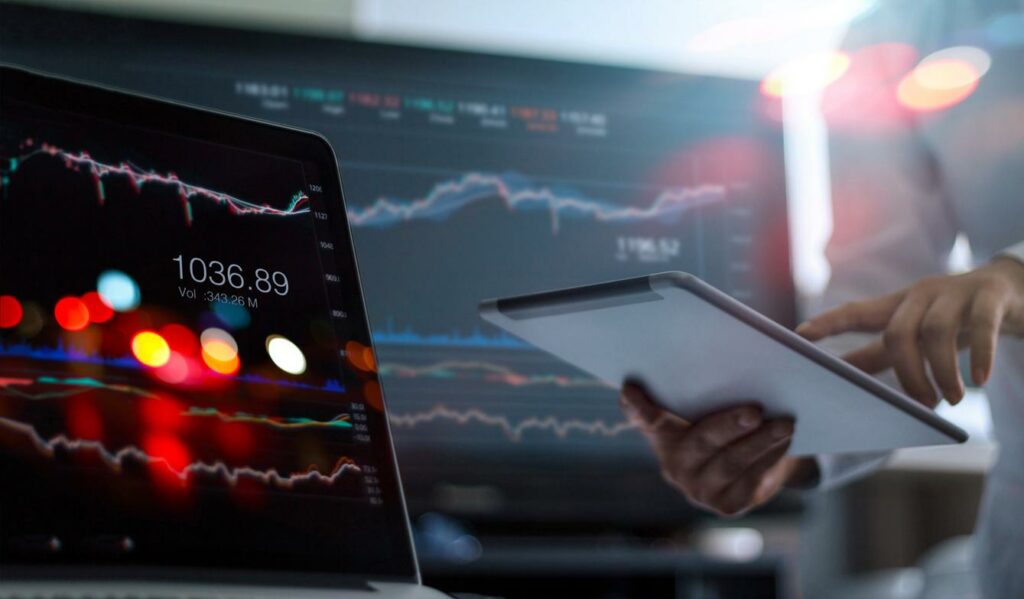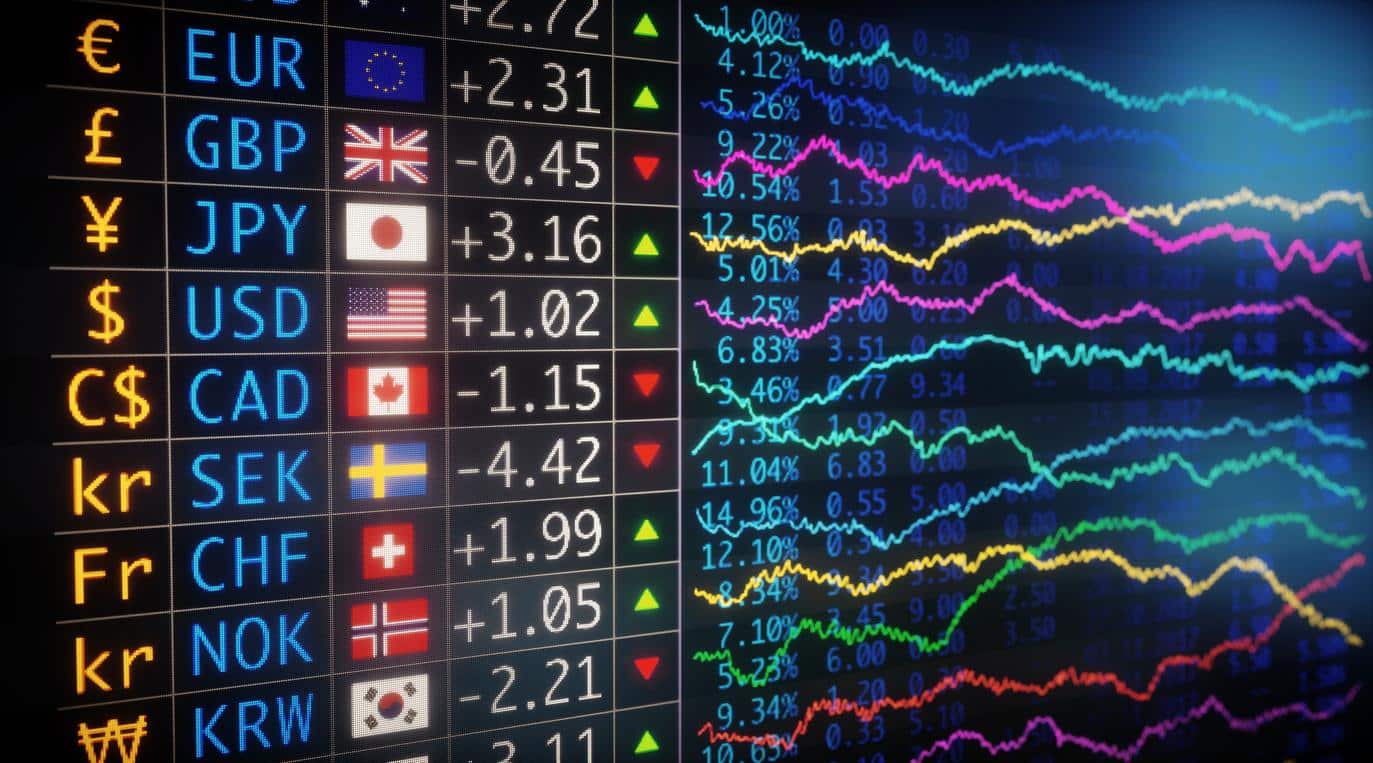
The forex market is enormous. It is estimated that $5.9trn worth of currency trades are carried out each day, with the bulk of those traditionally being to facilitate international trade. Key participants include central banks and governments who buy and sell forex to stabilise the financial markets and investment banks and multinational corporations that trade in forex as part of purchasing raw materials and services from each other.
Demand for currencies varies according to long-term macroeconomic trends and geopolitical events. That causes the price of currencies to rise and fall and attracts speculative investors who trade forex to profit from the underlying price movements. As opening an online trading account is relatively easy, the percentage of the forex market made up of speculators has increased to above 85%, according to estimates made by the Bank of International Settlements (BIS).
Who are the Main Forex Market Participants?
Understanding the roles of the big forex market participants can help explain the price moves and plays an important part in developing successful forex trading strategies. Each of the big players sees their level of involvement, and their influence on price vary over time, but they can be considered the base-load participants in the market.
Large banks and financial institutions
Large investment banks initially set up forex trading services to facilitate the needs of their corporate clients. With trading infrastructure and business relationships in place, they are the natural choice for a major corporation looking to buy or sell a currency to carry out its day-to-day business.
The big banks and other financial institutions, such as hedge funds, account for more than 80% of trade volumes in the forex markets. When cross-referenced to the fact that 85% of forex trading is speculative, it shows how those financial giants have developed their own approach to forming views on forex price moves, not just acting as an intermediary on behalf of their clients.
Related Articles
- What is the USD Index?
- The Best Forex Brokers for Scalping
- Getting Started: Choose a Forex Broker and the Right Kind of Account
Bank Forex Customers
The forex trading that banks transact for their customers can involve more than just buying euros to help a US corporation invest in Germany. Investment companies, such as mutual funds and hedge funds, with spare cash not invested in other assets will look to gain the highest possible rate of return on their cash pile. They use the dealing desks at major banks to move from one currency to another to ensure their holding is in the country with the best interest rate for their purposes.
A large investment firm might alternatively borrow capital to invest in stocks, bonds, or other assets. That is sometimes referred to as a ‘carry trade’, and again the access to international markets makes it possible for participants to search out the best borrowing terms. They then take out a loan in one currency and, if necessary, convert it to another currency to allow them to invest.
Another element of the international forex market relates to ‘hedging’. It involves bank clients buying forex futures, which are legally binding contracts to trade currencies at a specific price at a future date. That allows corporations to carry out international trade knowing that they have mitigated the risk that forex rates might move and make a project unprofitable.
Forex Brokers
Other firms operate as brokers and market-makers and play a crucial role in ensuring the forex markets operate efficiently. They specialise in carrying out trades for other banks, investment funds and corporate clients. They typically resist the temptation to take a position in one currency or another and instead make a profit from the difference between buy and sell prices – the bid/offer spread.
Governments and Central Banks
With so much hot money flowing around the world, there is potential for short-term flows to create pressure points which could impact the financial system’s effectiveness. A particular currency coming under pressure due to investors taking a negative view of the prospects of a country can have significant ramifications for a myriad of other asset groups associated with the situation.
As a result, governments and central banks trade forex to try to keep the markets stable and efficient. They use their reserves to counteract abnormal money flows, but it should be noted that central banks can also run out of money or at least find their resources outgunned by the scale of international cash flows.
Central banks also influence forex prices in ways other than simply buying and selling their own currency or different currency pairs. If, for example, a currency is falling in value, a central bank might increase interest rates to tempt international investors to buy it to receive a greater return on their cash savings.
Retail Traders
According to the Bank of International Settlements, retail traders comprise approximately 5% of the international forex market. The relatively small number reflects how easy it is to set up an online trading account and take a position on forex moves. Some brokers offer accounts with no minimum balance requirement, trading costs are low, and leverage allows clients to build positions that provide greater exposure to the markets than their initial investment would otherwise.
Who Regulates the Forex Markets?
Except for currency futures and options traded on exchanges like the Chicago IMM, foreign exchange trading generally occurs in a remarkably decentralised manner. Essentially, the forex market has no formal exchange or location, and despite being the largest capital market in the world, forex trading is largely unregulated.
With no official exchange or opening and closing time of a trading session, major participants trade forex 24 hours a day, five days a week. Most activity occurs on a vast global telephone and electronic communication network (ECN) where banks and other parties strike deals.
The absence of meaningful forex regulation provides considerable benefits to forex traders since several strategies prevented by regulation in the stock market are readily available. But specific countries do have regulatory agencies available to them. And while forex trading itself is unregulated, some brokers offering forex trading services are regulated because they offer markets in other assets that require them to gain a licence.
To instil some order in the forex markets, these agencies will also usually prosecute cases involving fraud or other breaches of their rules. Specifically, these regulatory agencies include:
- US National Futures Association (NFA) is an industry-wide self-regulatory organisation for the US futures industry. The NFA’s objective is to protect investors and safeguard the integrity of the markets. Because currencies are considered commodities and trading is for two-day delivery in the spot market, forex brokers must register as Futures Commission Merchants or Commodity Trading Advisors with at least one US regulatory agency. Other forms of registration include Introducing Broker and Commodity Pool Operator.
- US Commodity Futures Trading Commission (CFTC) – an independent agency of the US government oversees all forex brokerage companies based in the United States doing business. The agency actively enforces its regulations and prosecutes companies engaged in fraud in the forex market.
- UK Financial Conduct Authority (FCA) – the financial services industry regulator in the United Kingdom, the FCA is the United Kingdom’s equivalent of the US CFTC. Like the other regulators in the sector, it is tasked with ensuring financial markets operate effectively and safely and has a specific interest in protecting the interests of retail traders.
- European Securities and Markets Authority (ESMA) – based in Paris, ESMA is one of the three new European Supervisory Authorities set up within the European System of Financial Supervisors. It is responsible for securities and capital markets supervision which encompasses the forex markets and works on converging the rules and regulations of the individual regulators of the different nations of the EU.
- Australian Securities & Investments Commission (ASIC) –the Australian Securities & Investments Commission regulates Australia’s corporate, markets and financial services. Basically, the ASIC is the Australian version of the US CFTC, and FCA rolled into one agency.
Summary
The forex markets are unregulated because of the international nature of the trading activity involved. By definition, forex trades are cross-border transactions, creating a grey area where neither regulator of the currencies involved has 100% jurisdiction over the trade. As a result, forex broker regulation is a light touch.
Instead, the forex market can be considered self-regulating. There are times when substantial cash flows can destabilise the currency market ecosystem; however, most traders accept the risks and enjoy the benefits of the market having no international organisation or agency overseeing interbank trading activity.
If a forex broker has a registration in good standing with the CFTC, NFA, ASIC, ESMA, FCA, or a similar agency in another EU country and it has already been doing business in the forex market for some time, in that case, some legal recourse might be available in the event of a dispute arising.
Accordingly, be sure to double-check a broker’s credentials, policies, reputation and business standing before committing any of your hard-earned funds to an account.
Choose one of our Top Forex Brokers
| Broker | Features | Regulator | Platforms | Next Step | |
|---|---|---|---|---|---|
 Your capital is at risk
Founded: 2014 Your capital is at risk
Founded: 2014 |
|
FSPR | MT4 | ||
 Your capital is at risk
Founded: 2006 Your capital is at risk
Founded: 2006Europe* CFDs ar... |
|
ASIC, FSA, FSB, MiFID | MetaTrader4, Sirix, AvaOptions, AvaTrader, Mirror Trader | ||
 Between 74-89% of CFD traders lose
Founded: 2010 Between 74-89% of CFD traders lose
Founded: 2010Between 74-89 % of retail investor accounts lose money when trading CFDs |
|
ASIC, FCA | MetaTrader 4, MetaTrader 5, cTrader | ||
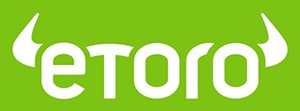 51% of eToro CFD traders lose
Founded: 2007 51% of eToro CFD traders lose
Founded: 200751% of eToro retail investor accounts lose money when trading CFDs with this provider. You should consider whether you understand how CFDs work, and whether you can afford to take the high risk of losing your money. |
|
ASIC, CySEC, FCA | eToro Platform | ||
 Your capital is at risk
Founded: 2009, 2015, 2017 Your capital is at risk
Founded: 2009, 2015, 2017 |
|
ASIC, CySEC, IFSC | MT4 Terminal, MT4 for Mac, Web Trader, iPhone/iPad Trader, Droid Trader, Mobile Trader, MT5 | ||
 Your capital is at risk
Founded: 2006 Your capital is at risk
Founded: 2006 |
|
CySEC, DFSA, FCA, FSB, SIA | MetaTrader4, MetaTrader5, cTrader, FxPro Edge (Beta) | ||
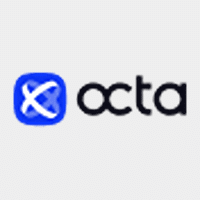 Your capital is at risk
Founded: 2011 Your capital is at risk
Founded: 2011 |
|
CySEC, FSC, FSCA, MISA | MT4, MT5, OctaTrader | ||
Forextraders' Broker of the Month
BlackBull Markets is a reliable and well-respected trading platform that provides its customers with high-quality access to a wide range of asset groups. The broker is headquartered in New Zealand which explains why it has flown under the radar for a few years but it is a great broker that is now building a global following. The BlackBull Markets site is intuitive and easy to use, making it an ideal choice for beginners.
